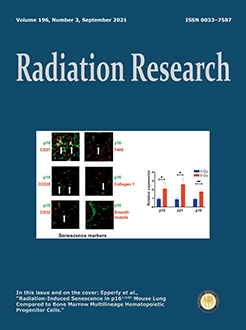Decreased neurogenesis after brain exposure to ionizing radiation is linked to neurocognitive impairments. Using transgenic mouse models, we previously showed that abrogation of radiation-induced senescence, or apoptosis, can partially rescue neurogenesis in the subventricular and hippocampus regions. Here, we evaluate whether the injection of recombinant epidermal growth factor (rEGF) or mesenchymal stromal cells (MSC) engineered to secrete EGF (MSC-EGF) can preserve neurogenesis. Using doublecortin (Dcx) expression and BrdU incorporation assays, we found that the injection of rEGF into the subventricular zone (SVZ) promotes neurogenesis, despite increasing apoptosis, in the brain of irradiated mice. The effect of rEGF was mostly localized, as Dcx expression was not induced in the hippocampus region and limited in the contralateral SVZ. Surprisingly, the injection of bone marrow-derived MSC alone, or secreting EGF, did not result in increased neurogenesis despite the fact that part of the MSC survived a few weeks after injection. Our results suggest that only a supraphysiological concentration of rEGF can promote neurogenesis, likely through a direct mitogenic effect.
How to translate text using browser tools
9 June 2021
The Intracerebroventricular Injection of Murine Mesenchymal Stromal Cells Engineered to Secrete Epidermal Growth Factor Does Not Prevent Loss of Neurogenesis in Irradiated Mice
Kerstin Killer,
Oanh Le,
Christian Beauséjour
ACCESS THE FULL ARTICLE

Radiation Research
Vol. 196 • No. 3
September 2021
Vol. 196 • No. 3
September 2021




